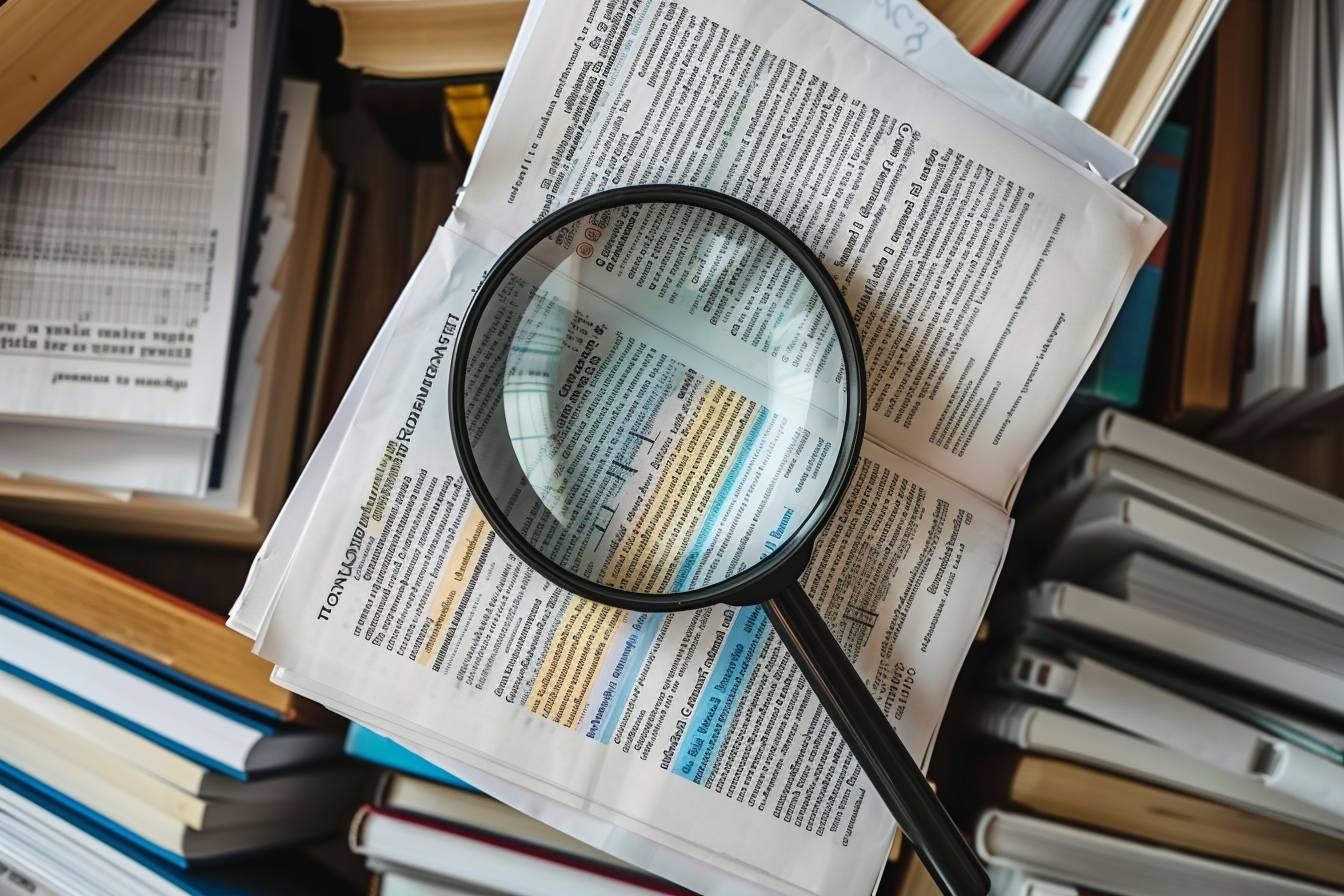Sworn translators play a crucial role in the legal and administrative world. Experts recognized by the courts, they produce certified translations with legal value. Their unique expertise in translation and law makes them indispensable professionals for many official procedures. Let’s find out more about this demanding profession and the situations that require their services.
The essential role of the sworn translator
A sworn translator is a professional whose expertise is recognized by the legal authorities. Their main task is to translate official documents and give them legal force. This official recognition is obtained by taking an oath before a court, hence the name “sworn translator”.
The skills of a sworn translator go beyond mere linguistic mastery. In fact, these professionals possess :
- dual expertise in translation and law
- In-depth knowledge of legal terminology
- A thorough understanding of the legal systems of the countries concerned
This versatility enables them to translate complex documents such as contracts, judgments and notarial deeds with precision. Their work is essential to guarantee the legal validity of translated documents in an international context.
The sworn translation process is distinguished by its rigor and formality. Each translated document is accompanied by an official certification, including :
- The translator’s personal stamp
- Handwritten signature
- A unique serial number to ensure traceability
These elements give the translation its official status and probative value in the eyes of the authorities and the courts.
When should you call on the services of a sworn translator?
The services of a sworn transl ator are required in many situations involving official documents. Here are a few typical cases:
| Type of document | Context of use |
|---|---|
| Civil status documents | Marriage abroad, application for citizenship |
| Diplomas and transcripts | International studies |
| Judgments and court decisions | Cross-border legal proceedings |
| Commercial contracts | International transactions |
It is essential to note that the validity of a sworn translation can vary from country to country. It is therefore crucial to check specific requirements with the relevant authorities before taking any official steps.
The use of a sworn translator is particularly relevant in the following situations:
- Immigration or visa application procedures
- Administrative procedures abroad
- Legal disputes involving several countries
- International business transactions
In these contexts, the accuracy and legal value of the translation are paramount to avoid any misunderstanding or rejection.

How to become a sworn translator
Becoming a sworn translator is a demanding process, requiring not only exceptional linguistic skills, but also a solid legal background. Here are the main steps involved in becoming a sworn translator:
- Academic background: a degree in translation, ideally complemented by studies in law
- Professional experience: Acquisition of significant experience in legal translation
- Application: Submission of an application to the Procureur de la République (public prosecutor)
- Selection: Evaluation and selection by the Court of Appeal
- Swearing-in: Solemn undertaking before the court
The selection procedure is particularly selective, with a limited number of positions available each year. Candidates must demonstrate essential qualities such as :
- irreproachable integrity
- Exemplary rigor in their work
- Uncompromising accuracy in translation
- deep respect for institutions
These high standards guarantee the quality and reliability of sworn translations, which are essential in the legal and administrative fields.
Specific features and challenges of sworn translations
Sworn translations have a number of distinctive features that make them a discipline in their own right:
Time and cost: The sworn translation process is generally longer and more costly than a standard translation. This difference is explained by the rigor required and the responsibilities incurred by the translator.
Presentation rules: Sworn translations follow precise layout and presentation rules. These standards are designed to guarantee the authenticity and readability of the translated document.
Confidentiality: The often sensitive nature of the documents we deal with demands absolute confidentiality. Sworn translators, like lawyers and doctors, are bound by professional secrecy.
International validity: Certain European Union documents can be presented without translation if accompanied by a multilingual form. This facilitates administrative procedures within the EU.
To find a qualified sworn translator, it is advisable to consult the official lists available on the websites of the Courts of Appeal or the Ministry of Justice. These resources guarantee the legitimacy and competence of the professionals listed.
In short, sworn transl ators play a central role in international exchanges and cross-border legal proceedings. Their unique expertise, combining linguistic and legal skills, makes them a key player in ensuring the validity and recognition of official documents on an international scale. In an increasingly interconnected world, the role of these professionals continues to grow in importance, underlining the need to maintain high standards in the training and selection of sworn translators.
